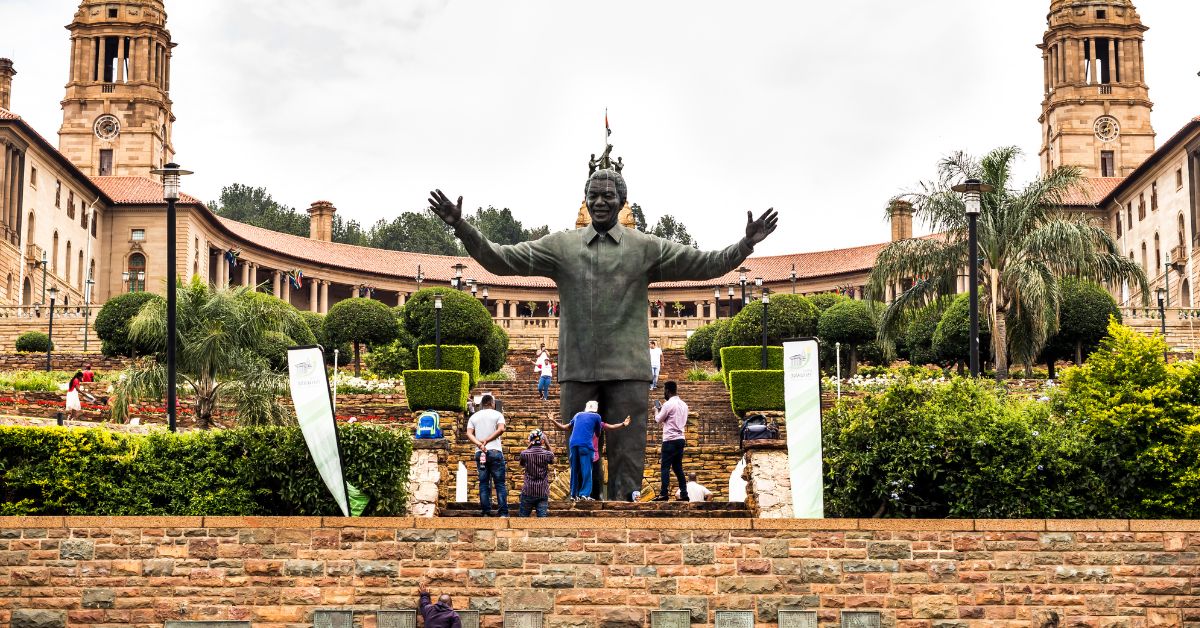
The Mandela Effect: When Memory Plays Tricks on Us
Outline
- What Is the Mandela Effect?
- The Strange Case of Mandela’s “Death”
- Iconic Examples That Will Shake Your Reality
- The Psychology Behind False Collective Memories
- How Culture and Language Shape What We “Remember”
- Trust, Truth, and the Beauty of Doubt
- FAQs
What Is the Mandela Effect?
There are moments when reality jolts us—when something we know to be true turns out to be false. And not just individually, but collectively. That unsettling experience has a name: the Mandela Effect.
It describes instances where large groups of people remember the same event or detail incorrectly. These aren’t small errors—they’re memories people feel viscerally, sometimes with great emotional weight. It’s not just a memory; it’s your memory—and it’s wrong.
This phenomenon asks a provocative question: if our minds can deceive us so powerfully, what is reality really made of?
The Strange Case of Mandela’s “Death”
The term was coined after researcher Fiona Broome realized she—and many others—clearly remembered Nelson Mandela dying in prison in the 1980s. People even recalled news coverage, public mourning, and political turmoil that followed. But none of that ever happened. Mandela was released from prison in 1990 and went on to become South Africa’s president.
This wasn’t a single person misremembering. It was thousands. Strangers in different countries, with no connection to each other, had the same false memory. That’s when the Mandela Effect became more than a curiosity—it became a mystery about the nature of memory itself.
Iconic Examples That Will Shake Your Reality
Once you notice it, the Mandela Effect shows up everywhere:
- The Berenstain Bears: Many remember the children’s book series as “Berenstein Bears.” But it’s actually “Berenstain”—with an a.
- “Luke, I am your father”: That iconic Star Wars line was never said. Darth Vader actually says, “No, I am your father.”
- Monopoly Man: He doesn’t have a monocle, despite thousands remembering him with one.
- Pikachu’s tail: Fans swear it had a black tip. It never did.
- “Mirror, mirror on the wall”: In Snow White, the real line is “Magic mirror on the wall.”
These aren’t trivial mistakes. They challenge deeply held, emotionally anchored memories—ones formed in childhood, reinforced over years, and shared across generations.
The Psychology Behind False Collective Memories
So how does this happen? The answer lies in how memory actually works—and it’s not how we think.
Memory isn’t a recording. It’s a reconstruction. Each time we recall something, our brains rebuild it—filling in gaps, adjusting details, influenced by new information, biases, and context. Over time, our memories evolve, often without us realizing it.
Psychologist Elizabeth Loftus demonstrated how suggestive questioning can plant false memories. Her work revealed that our recall is malleable—even memories we are certain about.
When a large number of people share the same cognitive biases or cultural influences, it’s not surprising they end up with the same incorrect memories. It’s not evidence of parallel universes—it’s evidence of how deeply social, fluid, and fallible our minds are.
How Culture and Language Shape What We “Remember”
Memory doesn’t exist in a vacuum—it’s shaped by language, symbols, and stories. Cultural references reinforce certain phrases or visuals so strongly that they override what was actually said or seen.
Take the “mirror, mirror” line. It feels correct because it has rhythm, balance, and cultural momentum. “Magic mirror” sounds slightly off—even though it’s the original. Our brains prefer what feels right over what is right.
In a hyperconnected world, these distortions spread fast. Misquotes become memes, memes become memory, and memory becomes “truth.” Before long, we’re confident in a version of reality that never existed.
Trust, Truth, and the Beauty of Doubt
The Mandela Effect is more than a party trick or a psychological oddity—it’s a humbling reminder that truth is not always where we think it is.
It reveals the fragility of certainty. The power of suggestion. The deeply social nature of belief.
And instead of fearing that, we can embrace it. Because when we question what we “know,” we open ourselves to deeper truths—not fixed in stone, but evolving with awareness.
Maybe the most honest position we can take is curiosity. To hold our memories gently. To listen, to investigate, and to remain open to being wrong.
Because in that space of not-knowing, something powerful awakens: humility, growth, and the potential to truly see.
FAQs
Is the Mandela Effect evidence of alternate realities?
While some believe the Mandela Effect points to parallel universes or timeline shifts, most scientists attribute it to cognitive errors, memory reconstruction, and cultural influence. There’s no empirical evidence for alternate realities—yet.
Why do so many people remember the same false thing?
Shared media, language patterns, and cultural narratives create similar memory environments. Our brains often “fill in the blanks” the same way when faced with incomplete or distorted information.
Can I train myself to have better memory accuracy?
Yes. Practices like mindfulness, journaling, and critical thinking can help sharpen recall. But perhaps more importantly, cultivating humility about memory helps us remain open to truth—even when it contradicts what we “know.”